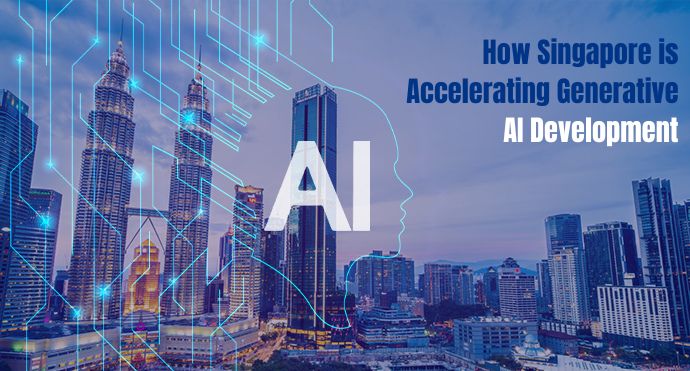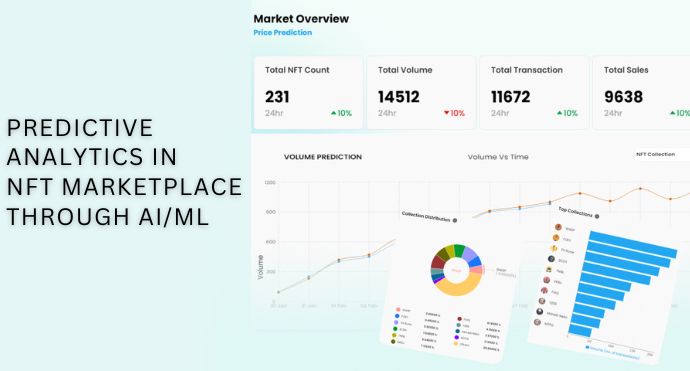In the rapidly evolving landscape of artificial intelligence, Singapore has emerged as a trailblazer in accelerating generative AI development. With its strategic investments, robust research ecosystem, and forward-looking approach, the nation is propelling advancements in generative AI that have real-world applications across industries. This article delves into Singapore’s efforts to drive generative AI development and highlights a compelling real-life example that showcases its success.
Singapore’s AI Ecosystem: Nurturing Innovation
Singapore’s commitment to AI development is evident in its comprehensive ecosystem that brings together academia, industry, and government agencies. Institutes like the National University of Singapore (NUS) and the Agency for Science, Technology and Research (A*STAR) play pivotal roles in fostering AI research and innovation. The government’s proactiveness in creating conducive policies and frameworks has attracted leading AI companies and startups to set up their operations in the nation.
Investments in Research: AI Singapore
One of Singapore’s boldest moves was the establishment of AI Singapore, a national program dedicated to accelerating AI research and adoption. With a focus on key domains like healthcare, finance, and smart cities, AI Singapore actively supports projects that leverage generative AI for practical solutions. By bringing together researchers, industry experts, and startups, the program facilitates collaboration, knowledge sharing, and talent development.
Real-Life Example: Transformative Healthcare Imaging
A remarkable instance of Singapore’s success in generative AI can be found in the healthcare sector. Researchers at the National University of Singapore have pioneered the development of AI-powered medical imaging solutions that enhance diagnostics and treatment planning. Through the use of generative adversarial networks (GANs), these algorithms can synthesize high-resolution medical images, aiding clinicians in detecting anomalies and making informed decisions.
Challenges Overcome: Limited Data Availability
One of the challenges the researchers faced was the scarcity of labeled medical images for training. To overcome this, they employed transfer learning techniques, leveraging pre-trained models on larger datasets and fine-tuning them with the available medical data. This innovative approach not only showcased Singapore’s adaptability but also highlighted the potential of generative AI in domains with limited data.
Industry Collaboration: Pushing Boundaries
Singapore’s commitment to industry collaboration has been instrumental in accelerating generative AI applications. Companies in the finance sector have employed generative models to enhance fraud detection and risk assessment, while the creative industry has harnessed AI to generate music, art, and design. This collaboration has not only pushed the boundaries of AI innovation but has also generated economic value and job opportunities.
Ethics and Regulation: A Holistic Approach
As Singapore forges ahead in AI development, it maintains a strong focus on ethics and regulation. The nation understands the importance of responsible AI deployment and is actively working on frameworks that address bias, privacy concerns, and accountability. This balanced approach ensures that the benefits of generative AI are maximized while minimizing potential risks.
Conclusion: A Visionary AI Hub
Singapore’s journey in accelerating generative AI development is a testament to its visionary approach, strategic investments, and collaborative spirit. By nurturing innovation, overcoming challenges, and championing ethical AI, Singapore has positioned itself as a hub for AI trailblazers. The real-life example of AI-powered healthcare imaging stands as proof of the nation’s transformative impact on industries and people’s lives, making Singapore a beacon of generative AI advancement.



